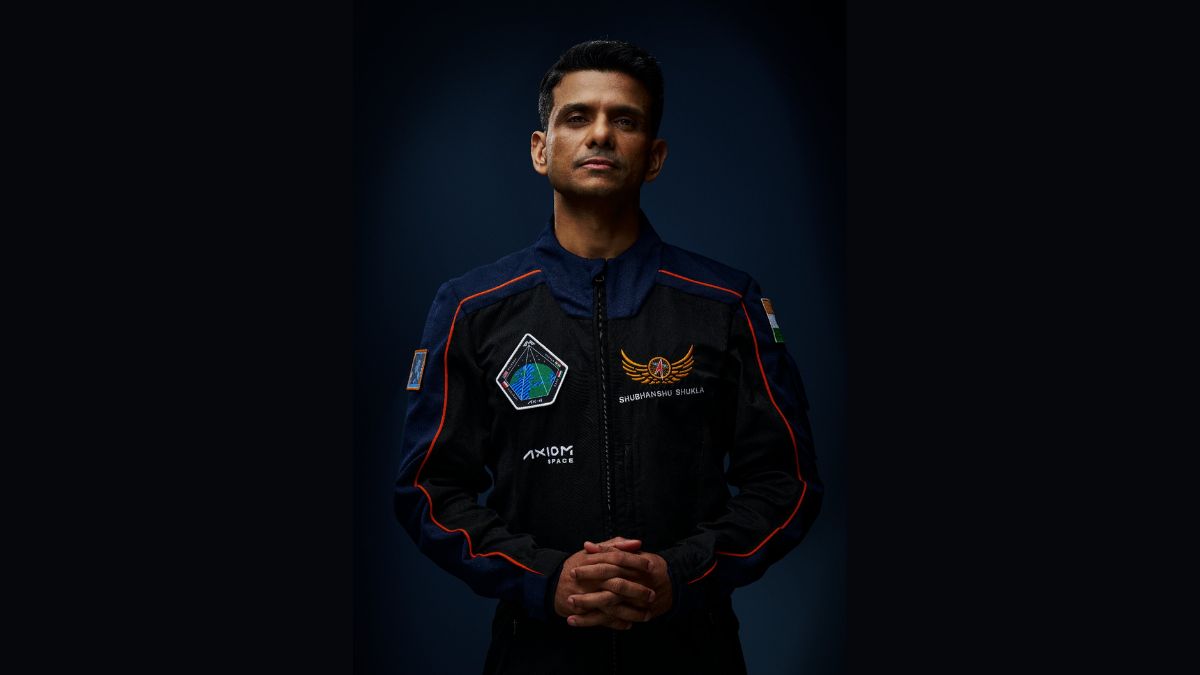Indian astronaut and Group Captain Shubhanshu Shukla is on his way back home and will arrive in India on August 17. This is the first time in nearly a year that Shukla will be returning to India after he left for the US to train for the Axiom-4 mission.
Shukla spent 20 days at the International Space Station as part of the mission, a feat that was hailed as historic in India. He posted about his homecoming on Instagram, accompanied by an emotional caption. During his time in space, Shukla conducted seven India-specific experiments.
“As I sit on the plane to come back to India I have a mix of emotions running through my heart. I feel sad leaving a fantastic group of people behind who were my friends and family for the past one year during this mission. I am also excited about meeting all my friends, family and everyone in the country for the first time post mission. I guess this is what life is - everything all at once,” he said.
India reportedly spent Rs 548 crore for Shukla’s seat, as part of the Gaganyaan mission, which has a total budget of Rs 20,000 crore aimed at sending three astronauts into low Earth orbit following a series of uncrewed test flights.
The ambitious program aims to send an Indian astronaut into space aboard an Indian rocket, launched from Indian soil, using entirely indigenous technology. If successful, India would become only the fourth country in the world to achieve this milestone, after Russia (then the USSR), the United States, and China. China reached this milestone in 2003, and no other nation has done so since using its own technology.
Prime Minister Narendra Modi mentioned Shukla’s successful journey to space as he announced the creation of India’s own space station as part of the self-reliance push in his Independence Day speech.
Impact Shorts
More ShortsIndia’s space ambitions have expanded significantly in recent years, with milestones such as the successful Chandrayaan-3 lunar landing and the launch of the Aditya-L1 solar mission. These achievements not only demonstrate technological capability but also position India as a competitive force in global space exploration. The government continues to promote private sector involvement and international collaboration to accelerate innovation and expand the nation’s presence in space.
)